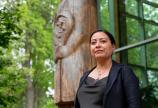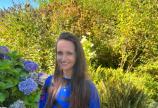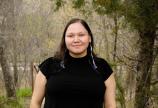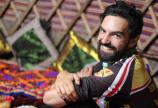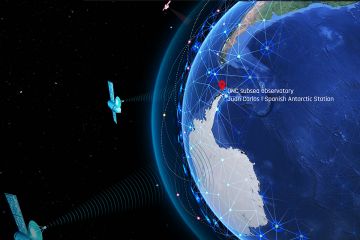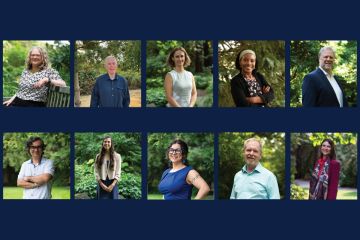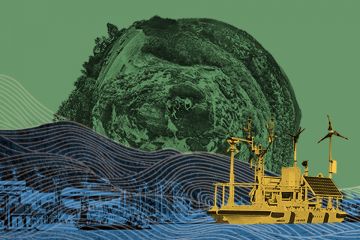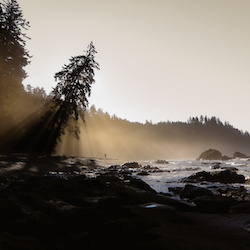2022 Vanier scholars and Banting fellow
Education, Science, Human and Social Development, Medical Sciences, Social Sciences
From the spirituality of children, to perceptions of Indigenous disability, and decolonizing the study of language and linguistics three University of Victoria researchers are recipients of new Vanier Canada Graduate Scholarships. A fourth, who investigates extreme polar weather events is the recipient of a Banting Postdoctoral Fellowship.
Together with Canada’s federal granting agencies, Innovation, Science and Economic Development Canada announced the recipients of 166 Vanier Canada Graduate Scholarships and 70 Banting Postdoctoral Fellowships on Nov. 28, 2022. The federal program is designed to build world-class research capacity by recruiting top-tier postdoctoral researchers at an internationally competitive level of funding.
Recipients of the three-year Vanier scholarships receive $50,000 per year; Banting fellowships, $70,000. Competitions are open to both Canadian and international researchers who have recently completed a PhD, PhD-equivalent or health professional degree and other eligibility criteria.
Danielle Alphonse, Child & Youth Care and Indigenous Education
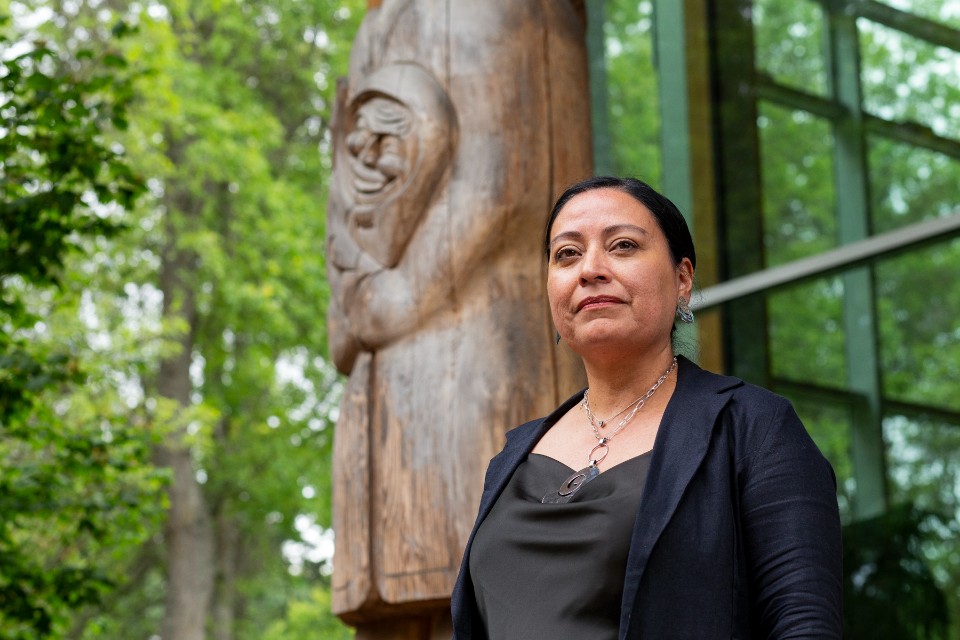
Children know spirituality, says Vanier scholar Danielle Alphonse. Children look after rocks; they hold earth in their hands. They love being in touch with the land, she says.
Yet much of early childhood education misses the chance to explore the spirituality of children.
Alphonse, who is Cowichan on her mother’s side and Kahnawake, Welsh, Irish and Scottish on her father’s side, is working to integrate Indigenous world views and perspectives on spiritual development into early childhood education.
“Spirituality has always been a big part of what I think about in teaching early childhood education. There needs to be a conversation regarding how we talk about spiritual development, invite children to consider their spirt, and what are ways to look after your spirit from an Indigenous context.”
— Danielle Alphonse
Alphonse has been a teacher in the early childhood education and care program at Vancouver Island University (VIU) for the past 10 years. Through her leadership as a British Columbia Regional Innovation Chair in Aboriginal Early Childhood Development for the past nine years, she has focused on promoting and mobilizing Indigenous knowledges for health, child development and reconciliation in early childhood, and Indigenous postsecondary education and teacher training.
She holds a master’s in educational leadership from VIU, a bachelor’s in child and youth care from UVic, as well as a diploma in early childhood education and care from VIU.
Alphonse recognizes there’s a need to educate the educator and to have a presence as an Indigenous educator.
“There’s not much research on Indigenous spirituality in early childhood education,” she says. “As educators, you need to be able to understand the diversity that comes through your classroom and speak from a place of knowledge.”
Alphonse, whose hometown is on the unceded territories of the Qualicum First Nation, wants to bring her PhD findings back to her Cowichan community to support a new generation of young people.
“Education has always been my gift and my strength,” she says. “I feel a huge responsibility to give back to my community. Spiritual development is a huge piece of who we are.”
Jilleun Tenning, Social Dimensions of Health in Public Health and Social Policy
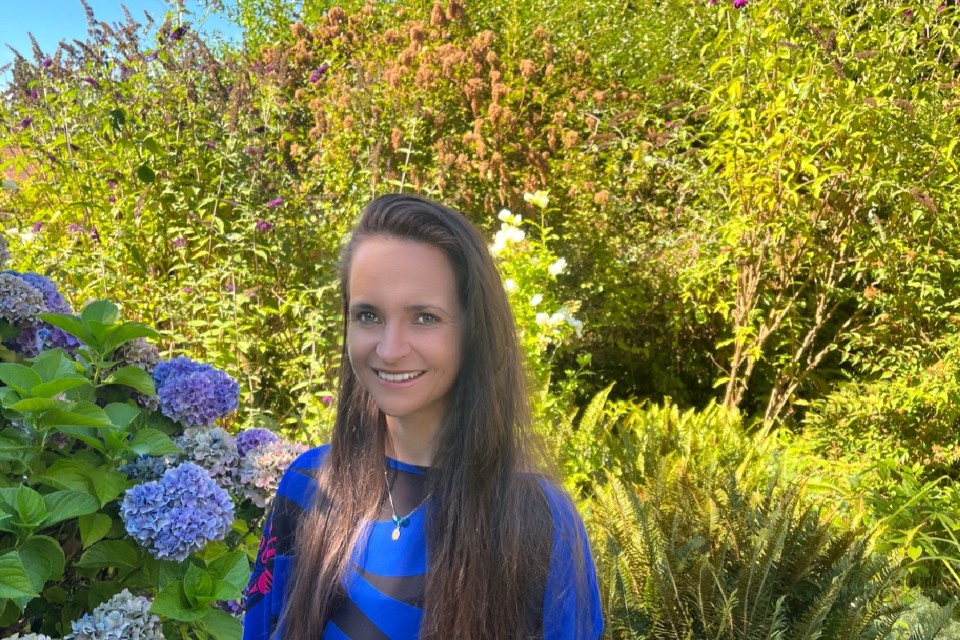
Jilleun Tenning’s goal is to change perceptions of Indigenous disability using Indigenous methodologies that challenge how Indigenous people are “othered” in research.
A Coast Salish student whose family is from Stz’uminus First Nation, Tenning completed her bachelor’s and master’s degree at UVic. Her research interests include critical disability studies, Indigenous rights, reclamation, and sovereignty, and arts-based research methodologies. She serves First Nations’ children and families living on and off reserves from a perspective of revitalization and resistance, building on the resiliency of her people who continue to survive and thrive in the face of continued oppression and colonization.
In her research for a MA in Child and Youth Care, Tenning took a strengths-based perspective of the issue of homelessness by exploring Indigenous youths’ experiences of homelessness that promoted positive identity development.
“As an Indigenous student. I choose to work with Coast Salish students who participated in education at an institution on Vancouver Island because I am committed to opportunities to work with and stay close by my family and community.”
—Jilleun Tenning
“I believe these are important considerations for all Indigenous students, given the displacement and separation from family, community, and nation that were inflicted upon them during the residential school era and continue today through the child welfare system.”
In her PhD research, Tenning will turn to integrating Indigenous knowledge systems, which celebrate differences and accept diversity, into disability studies.
Tenning’s supervisor Mandeep Kaur Mucina, an associate professor in the school of child and youth care, says Tenning’s work will start important conversations in Indigenous health sectors to bring these multiple knowledge systems and theories in conversation with each other.
Nacole Walker, Indigenous Language Revitalization
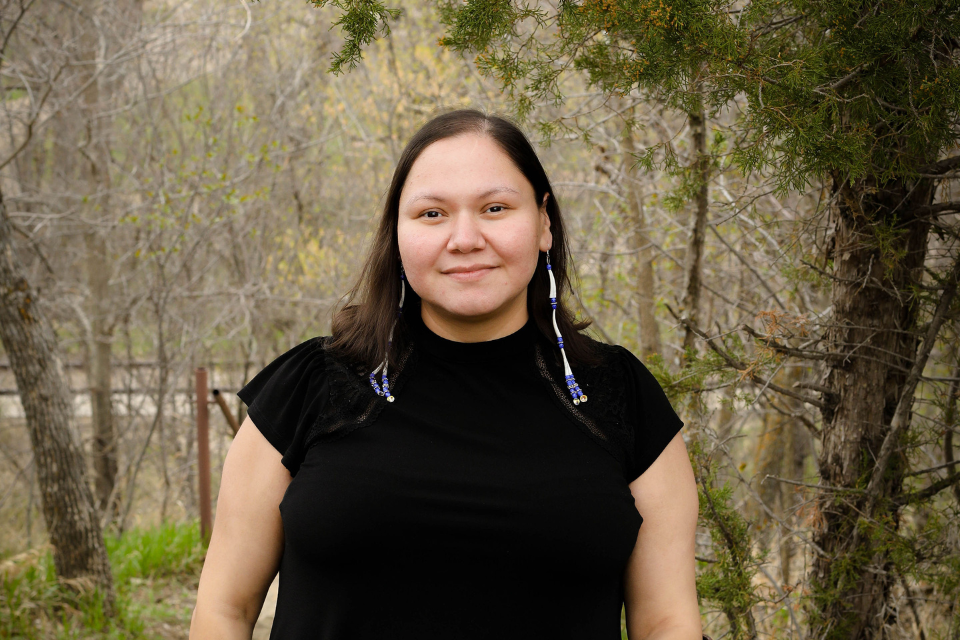
Pronunciation is one of the most salient linguistic markers of personal and group identity. Understanding more about the role of pronunciation and how it is acquired and taught in Indigenous language communities is critical for reclaiming Indigenous languages.
In her PhD research, Nacole Walker, Hunkpapa Lakhota and Phabaksa Dakota from the Standing Rock Sioux Tribe (North and South Dakota, USA), aims to expand knowledge about Indigenous language pronunciation, particularly in relation to her Dakhota/Lakhota language.
“As a Dakota and Lakota person, I want to address the native speakers’ concerns about changes that are occurring in Dakhota and Lakhota, ease their minds that they are leaving their language in good hands with the future generations of language speakers.”
— Nacole Walker
Building on an extensive linguistics and education background, Walker is an established scholar and member of a growing group of Indigenous educators and activists participating in the movement to decolonize the way that linguistic science approaches the study of language.
As a passionate language activist, Walker has been a teacher and administrator in Dakhota/Lakhota language programs. She is the Standing Rock Sioux Tribe Language and Culture Institute Director, leading the development and promotion of Dakhota/Lakhota language programs. She is also a participant in setting up a non-profit organization to support Dakhota/Lakhota Language Revitalization.
The movement to revitalize Indigenous languages is one path to resist and overturn forces of colonialism and to reclaim Indigenous knowledge and the well-being of individuals and communities. Her research will provide valuable contributions to the work of Indigenous language reclamation in her community and beyond.
Geoff Stanley, Earth and Ocean Sciences
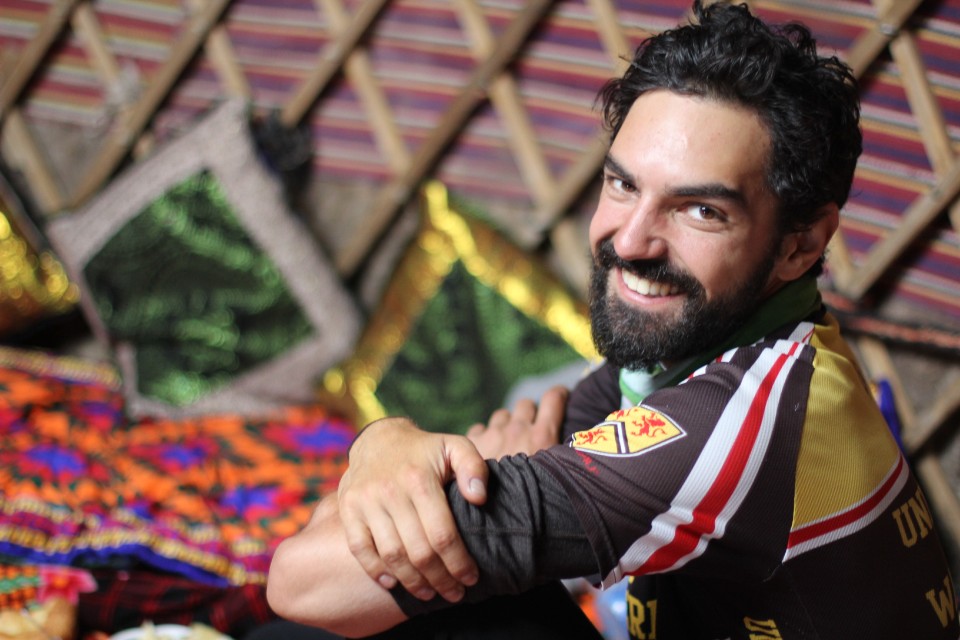
In February 2021, Texas experienced some of its coldest temperatures in three decades. Severe winter storms swept through, triggering the worst energy infrastructure failure in the state’s history. The blizzards were caused by an extreme weather event called sudden stratospheric warmings (SSWs)—the subject of Banting Fellow Geoff Stanley’s research.
An SSW is a sudden increase in temperature in the polar stratosphere: as much as 50 °C over just a few days. SSWs occur every other year in the northern hemisphere and less frequently in the south.
Stanley is investigating what causes SSWs, co-supervised by climate scientists Adam Monahan (UVic) and James Anstey (Canadian Centre for Climate Modelling and Analysis).
“We hypothesize that SSWs arise just after the stratosphere passes a tipping point, like nudging a ball over a cliff. The eastward stratospheric jet weakens just enough to allow planetary-scale waves in the stratosphere (which want to propagate westwards) to reach a standstill. When this happens, a planetary-scale shockwave of sorts occurs—the stratosphere locks up and the waves can self-amplify, possibly creating an SSW.”
— Geoff Stanley
Stanley says his research is inspired by the planetary-scale shockwaves on gas giants Saturn and Jupiter.
“While we cannot stop the polar vortex from its occasional outbursts, we have some skill at predicting them,” says Stanley, “The ultimate hope of this research is to better predict SSWs with more accuracy and with a longer lead-time, providing better opportunities to prepare for the hazards they bring.”
These researchers will be contributing critical work that addresses a number of Sustainable Development Goals, including 3, 4, 10 and 13 (Good Health and Well-being, Quality Education, Reduced Inequalities and Climate Action, respectively.)
Find out more
-END-
Photos
In this story
Keywords: sustainable impact, climate action, education, Indigenous, health, science, award, SDG3, SDG4, SDG10
People: Danielle Alphonse, Jilleun Tenning, Nacole Walker, Geoff Stanley

